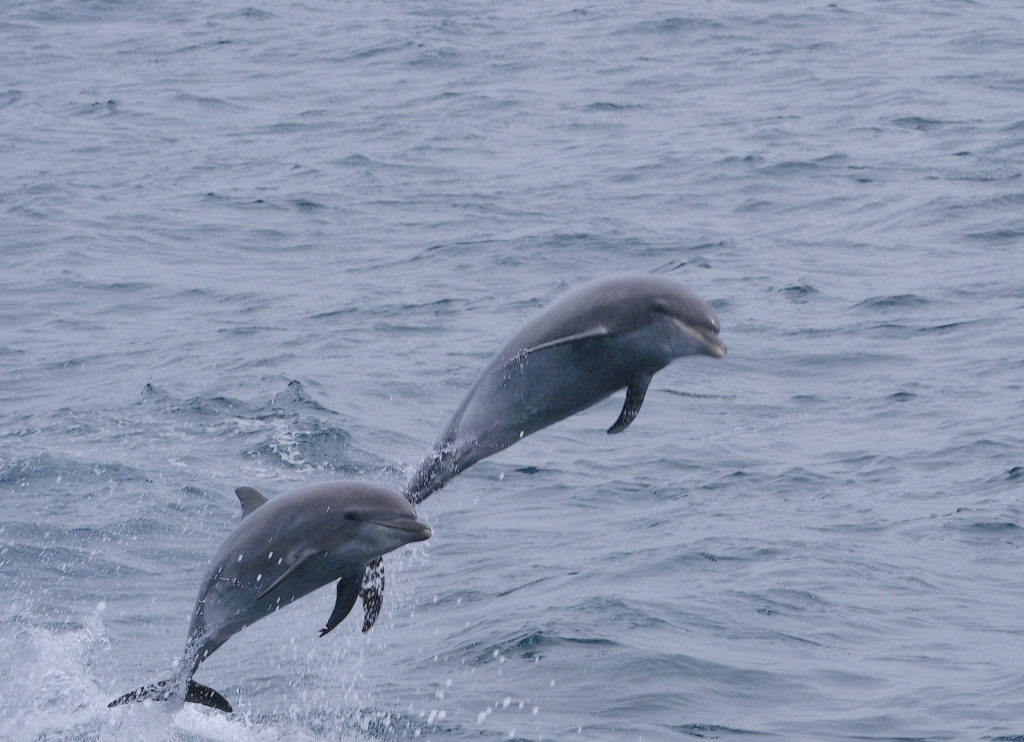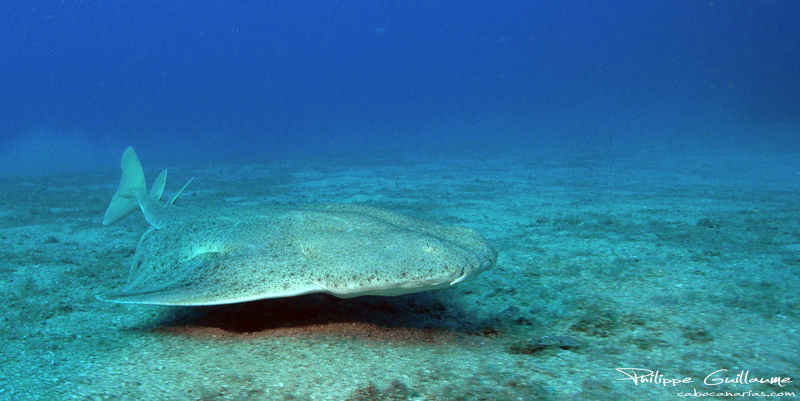
The Independent reports Whale and Dolphin Conservation calls for changes to rules and reporting incidents as Easter break sees families head to the coast.

The Independent reports Whale and Dolphin Conservation calls for changes to rules and reporting incidents as Easter break sees families head to the coast.
Inews reports Pseudumbellula scotiae was found growing at a depth of up to 2,000 metres in a deepwater basin off the North West coast of Scotland by scientists from the Scottish Government and the University of Seville. It is a type of seapen, a group of soft corals that grow in cold and tropical waters around the world.
The Times reports sightings of humpback whales have soared around the UK in a further sign of the recovery of the species. The Wildlife Trusts have recorded more than 75 sightings off Cornwall since 2019 plus others this year off the Isles of Scilly, Northumberland, Pembrokeshire in Wales, Shetland and in the Firth of Forth.
The Daily Mirror reports never mind agriculture – algae-culture is the future as seaweed farms spring up along the British coastline. The slimy brown stuff is among the most eco-friendly raw materials as it does not need fresh water, land or fertilisers. Considered a superfood, kelp is also one of the most versatile and fast-growing organisms on the planet. Growing at up to two feet per day, it also feeds fish and other creatures, while capturing carbon emissions in the same as trees and helping to de-acidify the world’s oceans.
It is even a potential cure for farting cattle, whose emissions add to global warming. Studies show changing their diet to seaweed can cut methane by 80%. And a trial to feed them supplements is being backed by supermarket Morrisons.
ITV NEWS reports for most people seeing dolphins is a rare wonder but, for trawlerman Peter Green from St Mawes in Cornwall, it is an almost everyday occurrence – yet he still finds it magical.

The Mail Online reports dolphins living off the coast of Wales that have developed their own ‘Welsh accent’ whistle at higher frequencies than those recorded anywhere else in the world, scientists say. Frequency of clicks used by dolphins are also faster than anywhere else in world.
The Times reprots toxic algae in the North Sea may be to blame for the deaths of thousands of seabirds off the east coast of England and Scotland.

The BBC reports an endangered shark has been filmed for the first time in Wales, showing they are breeding in UK waters, the Zoological Society of London has said. Footage of a juvenile angelshark, measuring just 30cm (11.8in), was filmed in Cardigan Bay.
Photographer and marine biologist, Jake Davies, said: “I’ve always kept an eye out for angelsharks during dives, having worked to better understand the species for the last four years.
Sky News reports the first-of-its-kind project will aim to help regenerate vital habitats, fight climate change and boost the economy. The area was once home to a vast kelp forest, stretching across 172 square kilometres, but 90% of it has been lost in recent decades.
The move could also be the first step in an even bigger project: the creation of a Sussex Bay marine park stretching along the entire coast of East Sussex and West Sussex.
The Guardian reports the UK government has announced plans to increase protection of wildlife and habitats by banning fishing and other damaging activities from a handful of selected marine sites off the coast of England.
The pilot scheme of at least five highly protected marine areas (HPMAs), announced by the Department for Environment, Food and Rural Affairs, was welcomed by the Wildlife Trusts as a “historic” move that would allow degraded underwater habitats to recover and set a new standard for marine protection.